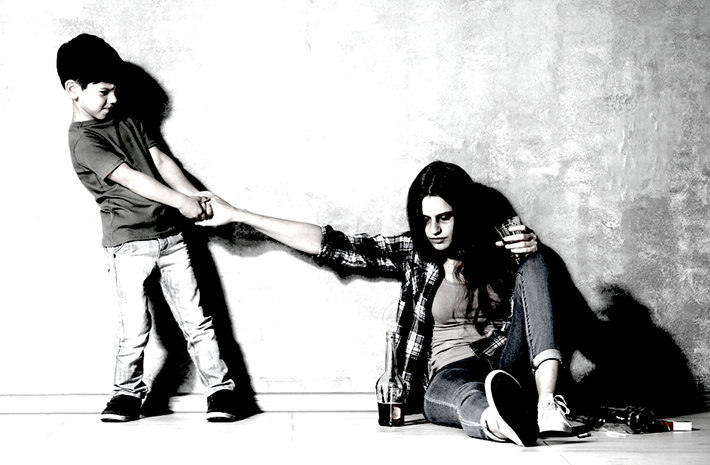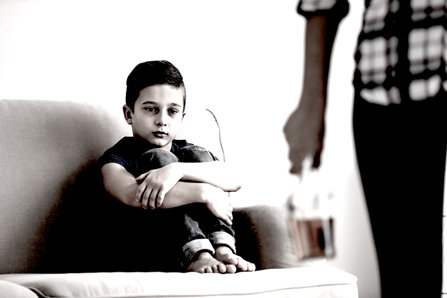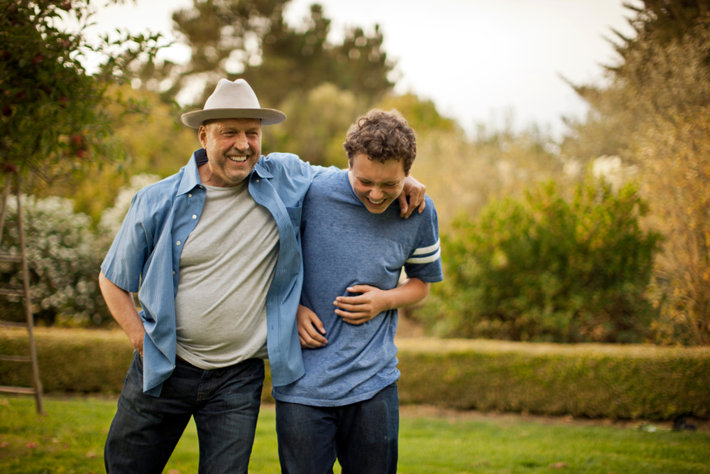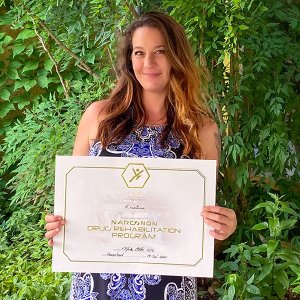Can You Break the Family Cycle of Addiction?

Addiction is a multi-faceted, complex crisis, brought on by several factors and perpetrated by several more. It goes without saying that addiction is a complicated affliction, or else it would not be so difficult to overcome.
When attempting to understand this problem, we have to be just as ready to look to an addict’s past as we are to their present. More specifically, we have to be ready and willing to help the addict confront their childhood and their upbringing as, more often than not, this was when the first seeds of addiction were sown.
Where Does an Addiction Come From?
There is an age-old debate in the sphere of addiction science, the constant argument as to whether or not addiction is a genetic disease that one was born with or a personal problem that has nothing to do with one’s parents. The truth is, neither side of the argument is entirely correct or entirely wrong. But the one thing I think everyone could agree with is that nobody wakes up one morning and says “Today I am going to become a drug addict.”
Addiction comes from many different factors which combine to create one of the most difficult and problematic conditions known to man. We cannot discuss all of the factors here but we can focus on how, while there are possibly some genetic factors present, the real influence is not that one was born to parent(s) who struggled with addiction, but rather that one had to grow up in the presence of addicts. This environment and example set for children of addicts is seemingly a greater factor than genetics.
Addiction can affect just about anyone from any background, race, creed, demographic, geographic location, age, sex, etc. But addiction is far more likely to affect someone who had to grow up with addicts for parents.
The Genetic Factor
When we try to address addiction within treatment and rehabilitation programs without addressing the family context of substance abuse, we’re trying to gauge the size of an iceberg without ever looking beneath the surface of the water.
“I’m an addict because my Dad was/is an addict
and there’s nothing I can do about it.”
People err when they lay all of the blame of their addiction at the doorstep of genetic implications and hereditary circumstances. When they say, “I’m an addict because my Dad was/is an addict and there’s nothing I can do about it,” they give up all of their own personal power and ability to make a positive change in their own life. And what a mistake that is.
But genetics do play a part. For example, the National Association for the Children of Alcoholics did a study and found that, even when biological children of alcohol-dependent parents are adopted and raised in an entirely different environment, they still have an increased risk of about two to nine times of themselves developing alcoholism.
One’s Childhood Environment Plays a Significant Role

Environmental circumstances weigh heavily on us. As children, we are highly susceptible to our environments, and we learn by mimicking the people in our environments.
A child who grows up in an addiction-riddled household will be one who sees substance abuse as normal, addiction as standard practice, and all of the behavioral and psychological difficulties that come with it as being entirely typical. They won’t see this behavior or these circumstances as out of place or wrong unless they are frequently exposed to other households which do not have addiction as a major influence in them. unless they are frequently exposed to other households which do not have addiction as a major influence in them.
Brook McKenzie, interventionist and contributor for U.S. News penned an article on the entwined factors of hereditary implications and environmental circumstances in an addict’s past. She said that “Genes play a large role in the way your body processes the ingestion of alcohol and other drugs, but the environment in which you were raised plays an equally large, if not larger, role in predicting your susceptibility to substance abuse addiction. There are sets of ’substance-specific’ genes and other genes that render you vulnerable to addictive behavior in general, but your DNA alone does not account for addiction.”
“Families affected by alcoholism report higher levels
of conflict than do families with no alcoholism.
Drinking is the primary factor in family disruption.”
The environments we are exposed to, the ones we see day in and day out—these are what will be the strongest influence on us.
The National Association for the Children of Alcoholics commented on the environment of addiction within a family, saying that, “Families affected by alcoholism report higher levels of conflict than do families with no alcoholism. Drinking is the primary factor in family disruption. The environment of children of alcoholics has been characterized by lack of parenting, poor home management, and lack of family communication skills, thereby effectively robbing children of alcoholic parents of modeling or training on parenting skills or family effectiveness.”
Clearly, one’s environment can either be a positive influence or a negative one and when addiction is present, it’s always a negative one.
Creating Safe, Supportive, Nurturing, and Sober Environments for Children
According to the Child Welfare Information Gateway, an estimated twelve percent of children in this country live with at least one parent who misuses drugs or alcohol or a combination of the two. That comes out to about 8.3 million kids under the age of eighteen who have to witness drug use and alcoholism on a regular basis.
True, many of these kids will never experience abuse. They’ll never experience neglect, maltreatment, assault, domestic violence, etc. Many of them will never grow up to experience substance abuse problems of their own. But many of them will.

People who are exposed to substance abuse at an early age are at a far greater risk of experiencing all kinds of unpleasant phenomena—further addiction struggles of their own being only one of them. We have to support a safe, comfortable, loving, nurturing, and sober environment for our children. It’s our job as parents and caregivers to provide them with this.
Open communication and a willingness to speak in a solution-minded manner is the way to confront this. If you struggle with addiction and have kids, it’s time to get help. If you’re in recovery and have children, when your kids are old enough to process the concept of genetic risks, it would be a good idea to coach them on the importance of staying away from all addictive substances, especially considering Mom’s or Dad’s pasts.
If you know a parent who struggles with drug use or alcoholism and they have children who live at home with them, you and their loved ones should do everything possible to convince that parent to seek help.
When a parent suffers from addiction, they’re not just hurting themselves, they’re hurting their kids, too. They’re branding terrible experiences into the mind’s eye of their children, experiences which may haunt and influence their kids for years to come. That is just cruel, and it is perhaps a better reason than any to seek help.
Sources:
- http://www.nacoa.net/pdfs/addicted.pdf
- https://health.usnews.com/health-care/for-better/articles/2018-11-30/breaking-the-family-cycle-of-addiction
- https://www.childwelfare.gov/pubPDFs/parentalsubabuse.pdf
Reviewed and Edited by Claire Pinelli, ICAADC, CCS, LADC, RAS, MCAP


